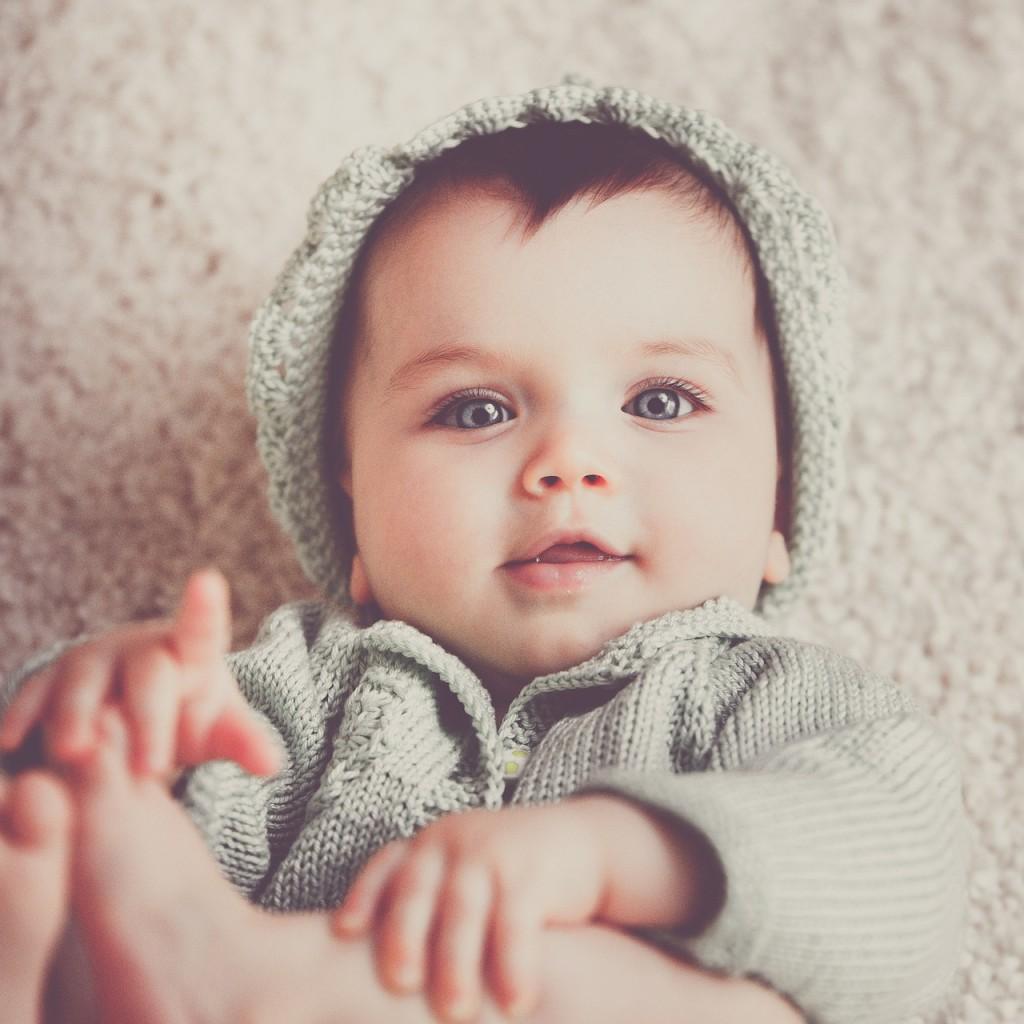
We live in a world that is very stimulating to the people who move through it. The way technology has developed, with the everyday use and dependence on smartphones, being stimulated is something we seek out hundreds of times each day.
However, when a baby is born, stimulation is something that happens naturally by merely existing in the world. As an adult, you may seek out music, a movie, or your IG feed because your surroundings no longer hold your attention or give you a neurological buzz it once did. However, as a baby, the way the light sifts through dust particles in the air is fascinating, the beep of the coffee pot signaling is shocking, or the touch of too many new people holding you and sharing their smells is downright scary.
It can be hard to imagine what the everyday experiences sound and feel like to a newborn when we have become numb to its allure. However, if you are a new parent, you will soon become well aware of the side effect of something that can happen very quickly to such a small person: overstimulation.
When we are overstimulated as adults, we can use language or movement to ask for change or leave a space. Babies have neither of these tools.
Because children are absorbing information so rapidly, one of the best ways to help them is to give adequate and reliable times for rest and sleep. Their brains can process and organize while sleeping in a way that is unavailable to them while conscious.
For overstimulated babies, often removing the child to a quiet, dark space can be helpful to calm them. Swaddling is also useful for babies under four months old. It can also be helpful to imitate a comforting sound, like shushing or white noise, that mimics what they would have heard while in utero.
Many times, it may seem like your baby is coping well with a busy or loud location. A birthday party or gathering where many people are holding or talking to your baby is a fascinating space. Your child may be calm and serene during the event – they may even sleep through it – but it is still possible for them to react afterward with crying that seems unusual.
Remember that your baby does not understand what is happening around them, and they do not know the people they meet – even if they are family. Your baby knows you and knows your smell, and you are their primary source of comfort.
- Make their rest a priority, both naps and nighttime sleep
- consider the entire day’s schedule and try to limit visits and events, or if that is not possible, keep your baby close to you for comfort through those times.
- Start to notice early signs of your baby’s distress and help them before they are overstimulated.
Early signs of overstimulation:
- Your baby rubbing his or her eyes
- Covering their face with hands
- Losing focus or spacing out
- Stiffening of their body
- Shows extra attention to you, or seeks you out
- Spreading their fingers and toes
- Becomes fussy, cranky, or drowsy
